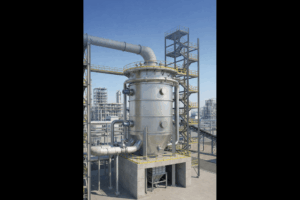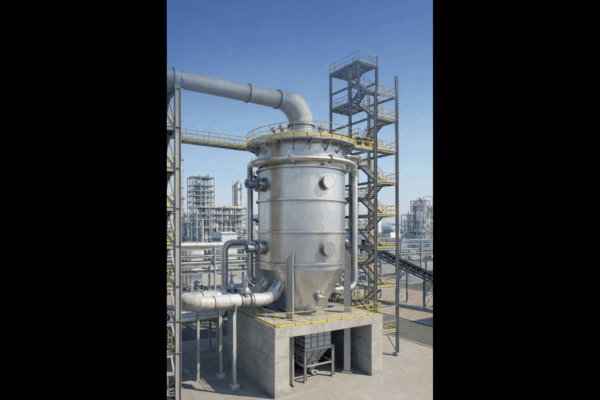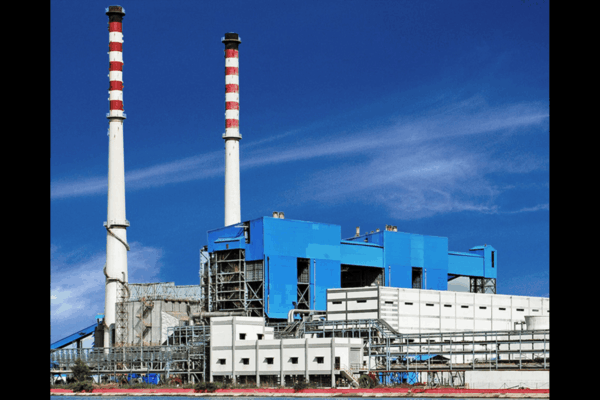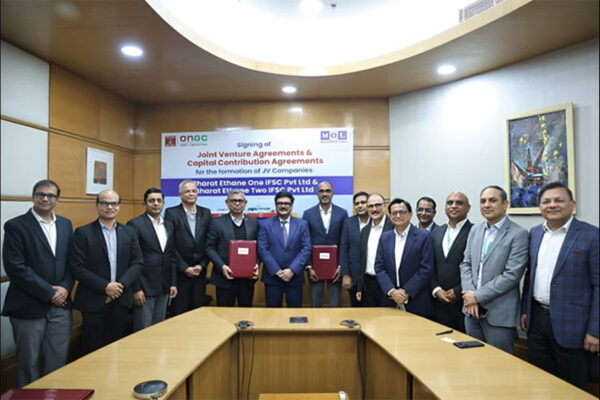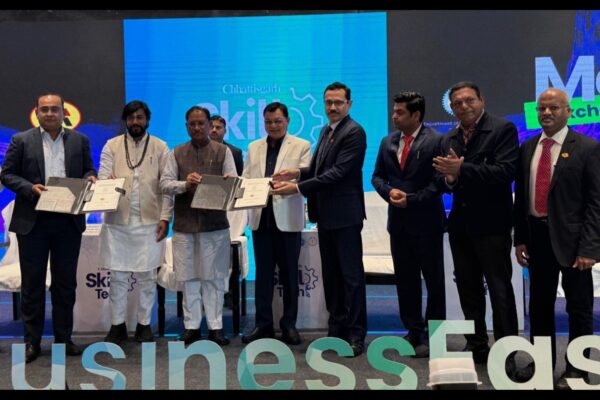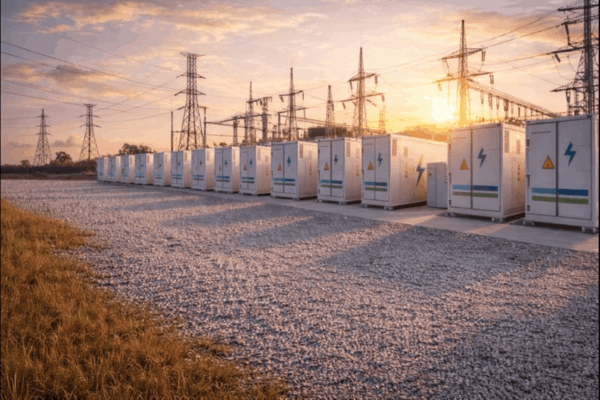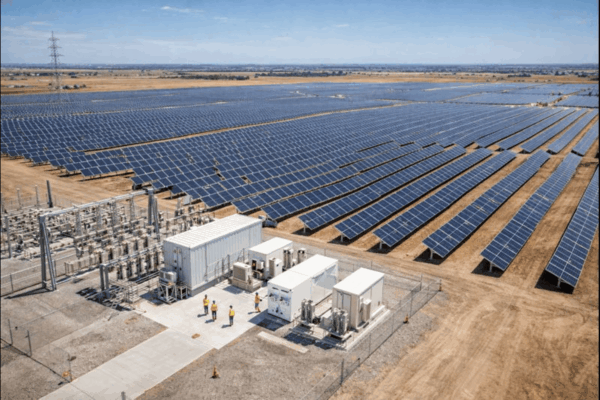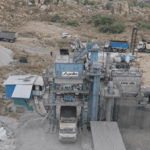Sustainable practices in today’s world
by Rohit Pandit, Managing Director, People's Group and CMD, Shuzlan Energy
As we stand on the brink of a critical ecological juncture, the need for sustainable practices in our industries, institutions, and personal lives has never been more apparent. With climate change casting an ominous shadow, sustainable practices – methods and strategies that meet our current needs without compromising the ability of future generations to meet theirs – are no longer optional; they are a necessity. They are the harmony of social, economic, and environmental dimensions that ensure a symbiotic coexistence of all stakeholders in our shared ecosystem.
In our quest for sustainability, sectors like energy, manufacturing, transportation, and education offer a plethora of opportunities for transformation. Renewable energy sources, waste management systems, circular economies, and environmental education all hold the keys to a sustainable future. Solar power, an epitome of sustainable energy, has witnessed exponential growth due to its cost-effectiveness and scalability, thus reducing our reliance on fossil fuels and mitigating greenhouse gas emissions.
The manufacturing industry, too, is moving towards sustainable production methods, with circular economies at the helm. This approach, promoting 'reduce-reuse-recycle', challenges the traditional 'take-make-dispose' model, thereby minimizing waste by converting it back into raw material.
The transportation sector has been significantly impacted by the advent of electric vehicles (EVs), marking a crucial step towards sustainable mobility. EVs not only help decrease carbon emissions but also contribute to improved air quality. When charged using renewable energy, the environmental benefits of EVs get further amplified.
Educational institutions have a pivotal role in shaping future generations who can spearhead sustainable initiatives. By incorporating sustainability into their curriculum and infrastructure, they send a strong message about their commitment to the environment. Moreover, the world is witnessing a rise in sustainable agricultural practices like organic farming, permaculture, and agroforestry. These methods aim to increase productivity while minimizing environmental harm, promoting biodiversity, and improving soil health.
The architectural and construction sector is increasingly adopting green building practices, involving energy-efficient materials and designs, renewable energy sources, and waste reduction measures. Additionally, individuals are also playing their part by reducing waste, recycling, adopting plant-based diets, installing solar panels, and using public transportation or EVs.
However, sustainable practices are not devoid of challenges. The high initial cost of adopting many sustainable technologies, lack of awareness or understanding, and resistance to change are notable obstacles. Similarly, restrictions such as the cap on net metering, which limits the capacity of solar installations feeding back into the grid, hinder large-scale adoption of solar power, especially by corporate entities. Additionally, the annual lapsing of net metering units poses a significant challenge for domestic solar system adoption.
In conclusion, sustainability in the 21st century is a complex, multifaceted issue that requires multi-level action, from individual choices to corporate strategies and public policies. It is about creating a world that is equitable, resilient, and prosperous – a world where progress does not come at the cost of the planet. In the face of challenges, the opportunities are significant, and many entities illuminate the path towards a sustainable future. As we move forward, it's clear that the path to sustainability is not just the most sensible one; it's the only one.



